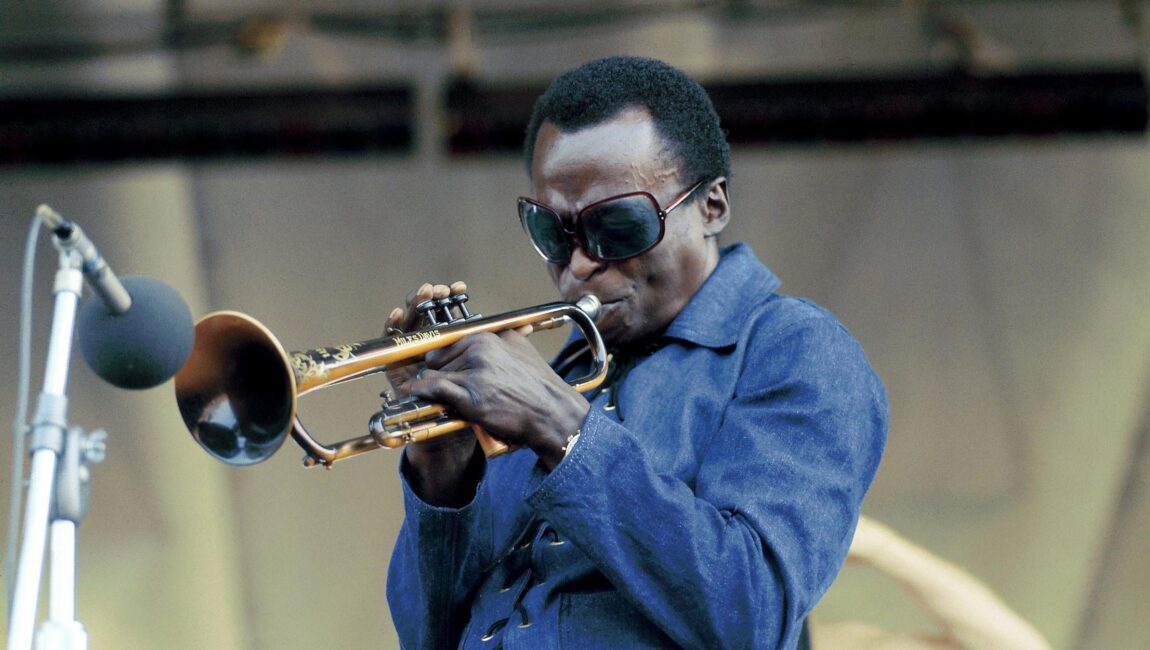Youssou N’Dour has always been a huge personality — as has been expressed through both his music and his status as a public figure and unofficial cultural ambassador for Senegal. But the last decade of his life has seen the icon up his profile in heretofore unexplored ways. A brief entrance into the 2012 Senegalese presidential election may have resulted in N’Dour’s disqualification, but it also opened the door to a political career that saw him become the actual Minister of Culture for his country. Somehow, he’s also kept up a fairly steady flow of music, especially if you count his domestic releases — which consist of more raw mbalax (a polyrhythmic African form that N’Dour pioneered) — as well as his international albums, which aim for a broader pop sensibility. And if it sounds like the mainstream stuff is a more compromised Youssou N’Dour (and maybe it isn’t his preferred mode of working, who knows), in actuality, the Western pop albums outstrip the ‘authentic’ African ones about as often as the other way around. Or rather, things tend to go in cycles: in the 2000s, nothing could touch N’Dour’s albums on the American world music label Nonesuch, including the stuff he was putting out at home, but that balance has shifted in recent years, on a middling album for Sony and a dreadful reggae fusion set for Universal.
N’Dour’s latest, however, arrives after his political position has diminished some; he’s gone from a cabinet member to the more nebulous assignment of “promoting his country abroad.” And on the latter point, History is a great piece of promo from an artist suddenly rejuvenated and ready to resume his peerless fusion of African and Western pop. This is the smoothest, most tuneful, and amiably modern music that N’Dour has released — especially in the west — since 2007’s Rokku Mi Rokka. The feat is achieved at least in part by following the instruction of the album’s title: Nigerian drummer Babatunde Olatunji, dead since 2003, posthumously features on two of the best tracks here, and both of N’Dour’s revisited songs, his classic “Birima” and the deeper cut “Salimata,” are delivered in versions that rival their historical predecessors. “Birima” offers the surest sign that N’Dour views History as a continuum, opening with a brand new, English-language verse from Swedish-Gambian singer Seinbo that melts into the song’s soaring, classic melody — a meeting of cultures, of musical styles, of past and present. It should come as no surprise, for an artist who’s constantly pushing himself further, that when he decides to call his album “history,” he isn’t talking about a nostalgic look backward — he’s talking about making it.
Published as part of Foreign Correspondent | Issue 4.







